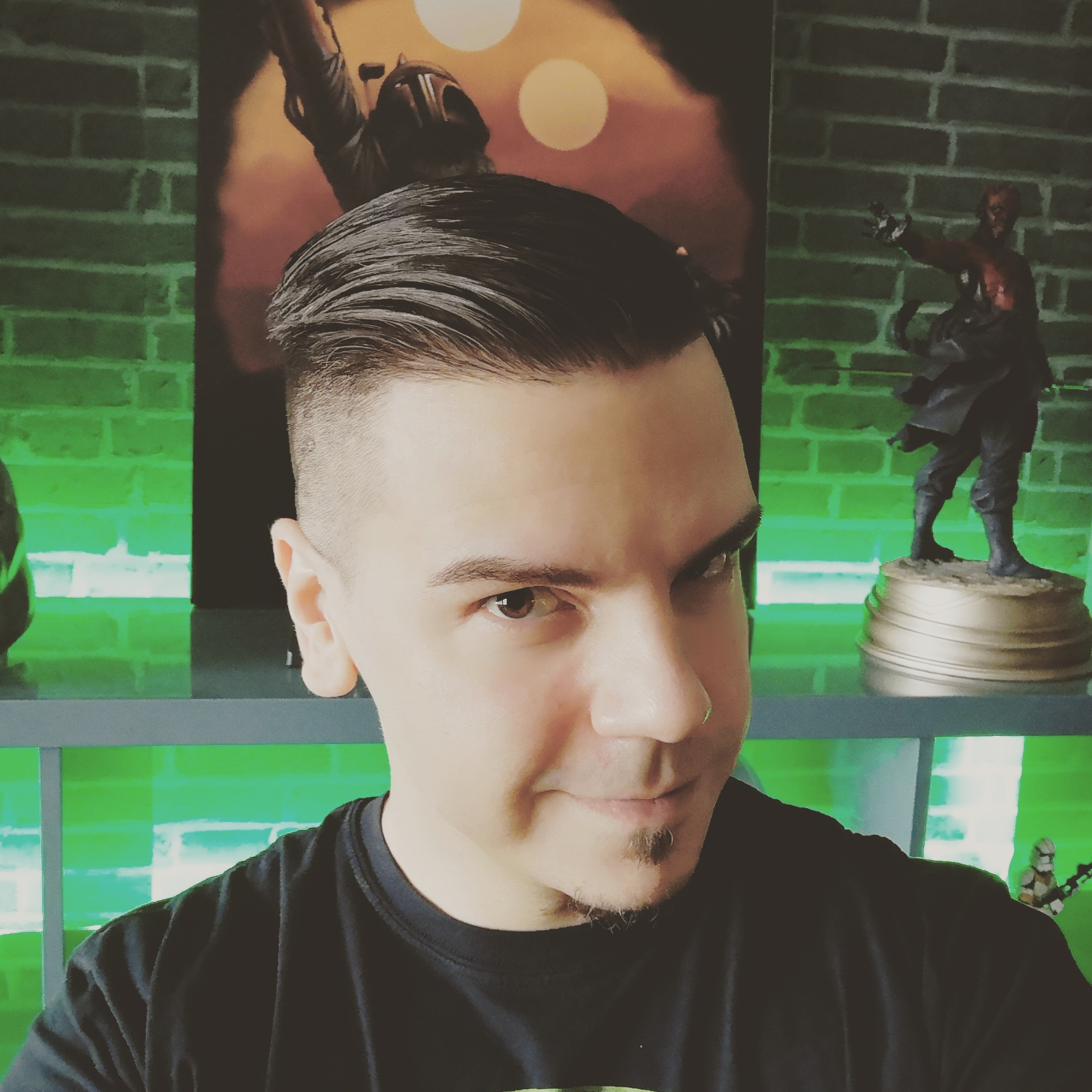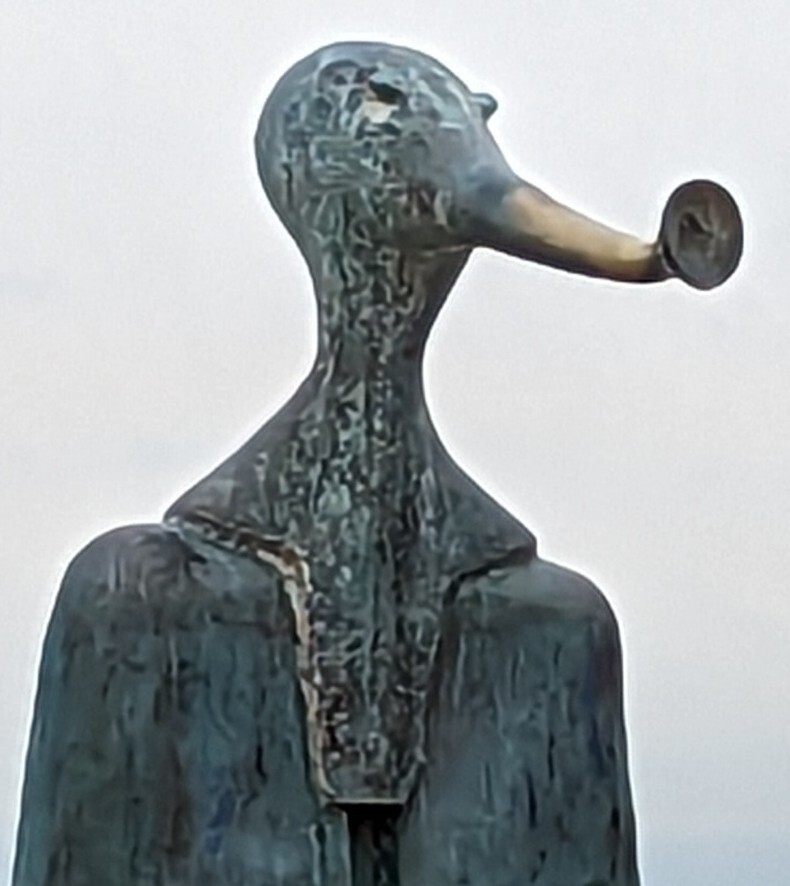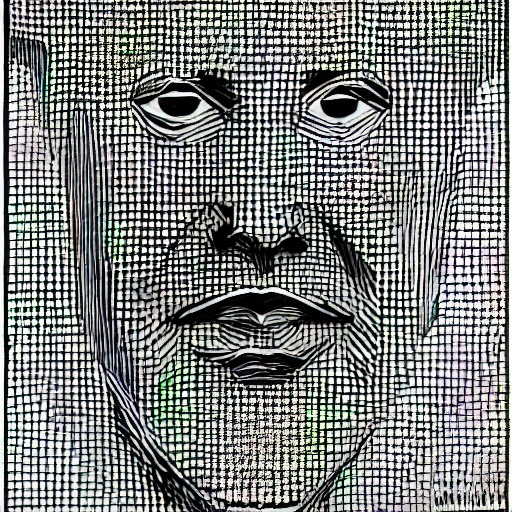Bonus points for any books you believe are classics from that time period. Any language, but only fiction please.
I’m really excited to see what Lemmy has.
I always enjoyed reading Michael Crichton. He might not have been the greatest novelist, but I liked his ideas and always learned a ton reading his books.
Haha me too. They read like a movie script, and he’s in love with the seemingly minutest details of architecture, but they do move at a good clip.
I’m going to repeat Ursula K Le Guin and Margaret Atwood because it’s hard to overstate how much of everything is in their works. Iain (M) Banks I’ll also echo, but will add China Miéville because there aren’t enough anarchists in this thread.
This
To add one I haven’t seen: Jane Smiley. I really enjoyed The Greenlanders, A Thousand Acres and Horse Heaven.
Mikel Santiago in Spanish. So engaging.
aside from some of the more obvious choices (rushdie, wallace, mccarthy, morrison):
don delillo, esp. underworld and white noise
ted chiang, esp. exhalation
marilyn robinson, esp. housekeeping
denis johnson, esp. jesus’ son and tree of smoke
colson whitehead, esp. the intuitionist and the nickel boys
and while relatively new so maybe not at the same status as some other writers, jamil jan kochai and nana kwame adjei-brenyah will be making lists like these in the future if they keep writing the way they have.
Add two line breaks to force a new line
Like this, so your list is easier to parse
sorry, ive never left a comment like that before and didnt realize it would look off. thanks!
markdown certainly has its quirks if you’re not used to it. The line break thing is super handy to know
Jose Saramago has some great books that really explore the human condition.
Alan Moore
Saga of the Swamp Thing and Watchmen are two amazing runs of comics he wrote.
Huge fan of his recent-ish novel, Jerusalem.
He also hates fanboys who miss the point of characters like Rorschach
Considering how many of his stories have been adapted to tv and movies, in addition to being great on their own: Stephen King.
deleted by creator
Roberto Bolaño
2666 is such a punch in the gut. I love it.
Agreed. And I’ve never read anything quite like The Savage Detectives. His short stories are great too, and you can find a lot of them online published by the New Yorker.
So many good answers already that I agree with. So I’ll add James Ellroy and Clive Barker
For Ellroy, the entire LA Quartet remains a pivotal sea change in “hard boiled” crime fiction; taking a lot of the conventions created by the likes of Hammett and Chandler and updating them for a modern audience.
Barker is a more personal choice. But his writing is just so evocative and descriptive that I couldn’t NOT mention him. Imajica literally changed my literary life, with Weaveworld being (in my opinion) a less dense, more reader friendly version of Imajica.
Cormac McCarthy, wrote some books you might have seen as movies such as The Road and No Country for Old Men.
Blood Meridian or The Evening Redness in the West is a crazy good book.
N. K. Jemison
Daniel Suarez “Daemon” series was fantastic!
His later stuff hasn’t lived up to it, although his asteroid mining series is pretty cool.
For me The Name of the Rose is a real masterpiece. I enjoyed The Prague Cemetery as much as Foucault’s Pendulum but I’d personally put Baudolino before those two.
Edit: this was a reply for @ThisIsNotHim@sopuli.xyz, for some reason I keep pressing the wrong reply arrow on the Voyager app.
The Island of the Day Before was my first introduction and remains one of my favorites.
Umberto Eco.
Yes! The Name of the Rose and Foucault’s Pendulum were both great. If you’ve read more of his work and have a recommendation for where to go next I’d love to hear it.
On the topic of Italian authors, I loved Italo Calvino’s “If on a winter’s night a traveler” as well. I didn’t really expect it to pay off as a cohesive work. I was mostly along for the ride and was pleasantly surprised.
I did not read that book of Calvino (nor have I heard his name) but there exists a free game on steam called “If on a winter’s night four travelers” with very positive reviews which seems to be inspired by the book.
Maybe Foucault’s Pendulum wasn’t for me. I recognise the craft and intense research involved, and I loved all the multilingual notes all throughout. But I didn’t really get into it until about page 400.
I know it was meant to put you in the headspace of a conspiracy theorist, but I found the intense detail laboured on the Templars incredibly dull.
The part at the end with the Eiffel tower was great though.











